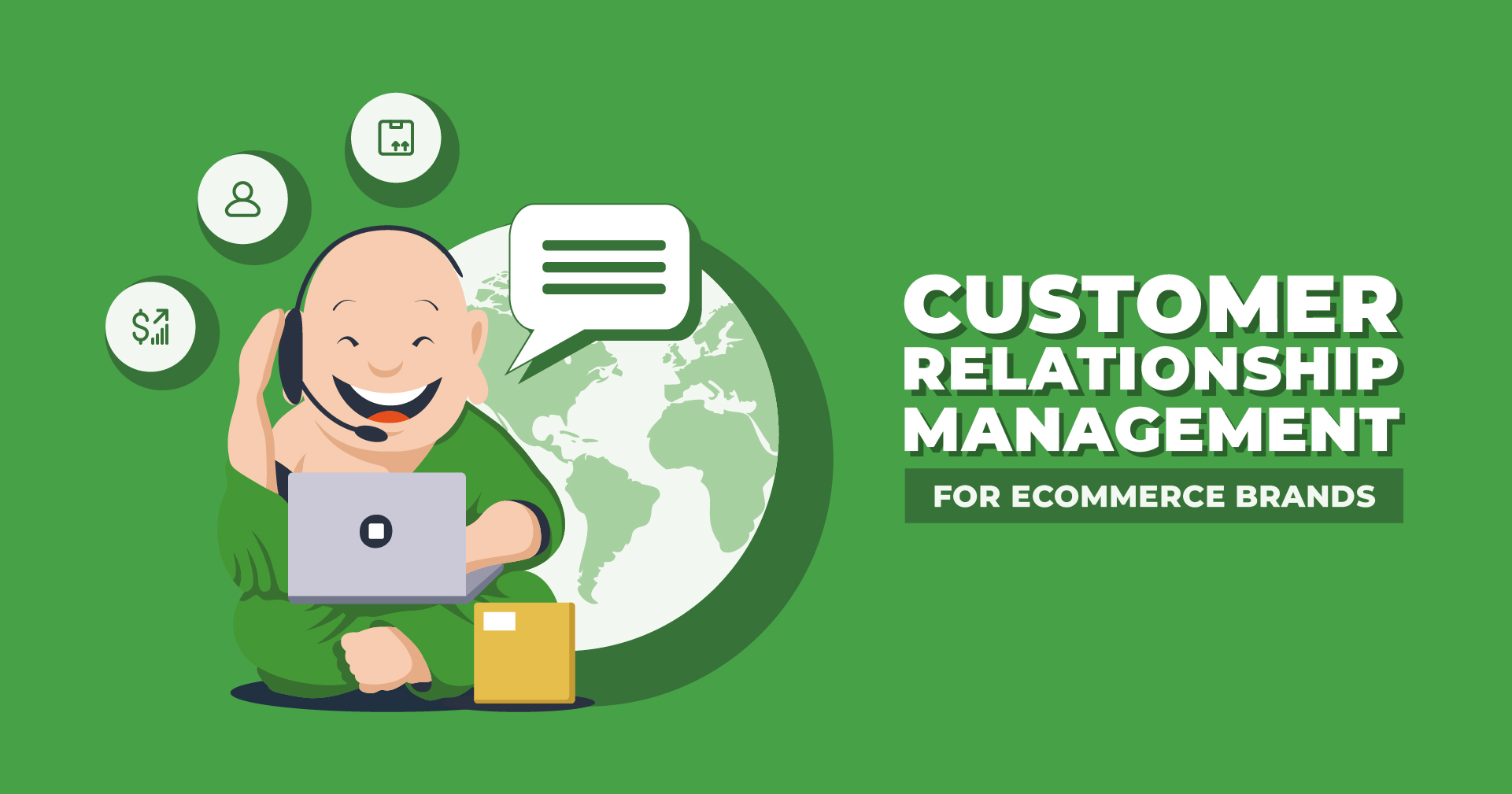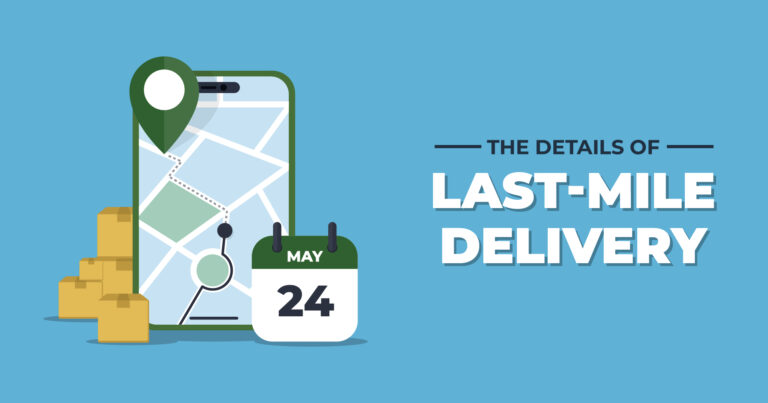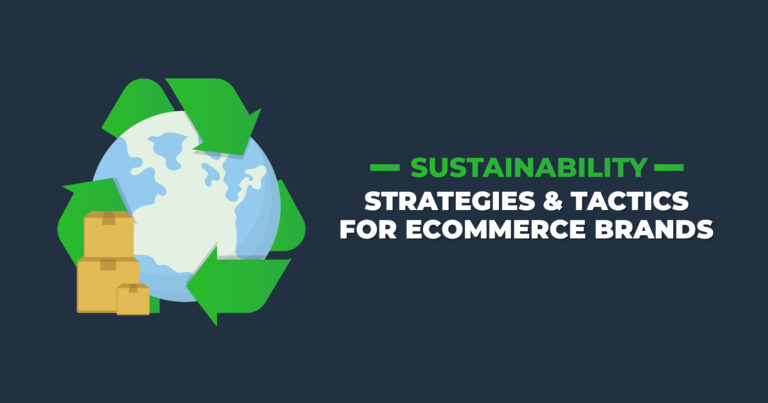Customer Relationship Management for Ecommerce Brands
Legacy Customer Relationship Management (CRM) software systems, such as Salesforce, were originally developed to help sales teams funnel and track potential customers through long sales pipelines, from generating leads to closing the sale, then supporting and maintaining the customer relationship. With most ecommerce businesses, however, the sales pipeline isn’t nearly as long or as hands-on. There is no sales team making cold calls or in-person sales pitches to close the deal. Customers are mostly anonymous, and purchases are made or abandoned, seemingly on a whim. As more and more sales take place online, tracking and managing customer relationships has become even more important.
Because there’s so little face-to-face contact in the digital world, it’s a lot harder to figure out who your customers are, how they shop, what they have in common with each other, where they go and what they do when they’re online, and why they’re drawn (or not) to your brand. But without this information, your marketing team is shooting in the dark, your customer service reps have no idea who they’re talking to, and you are missing out on all sorts of opportunities to grow your business.
Today’s CRM platforms have adapted and expanded their tools to meet the needs of ecommerce businesses. Let’s take a look at CRM systems, the tools they provide, and the benefits they offer to ecommerce businesses. Then we’ll peek beyond the systems, at other ways you can strengthen customer relationships.
What is CRM Software?
Customer relationship management systems collect and centralize all the important data about a business’ customers (and potential customers). This data usually includes the customer’s contact information, address, purchase history, social media engagement, email click-throughs, and dozens of other data points as they become available. This data can then be analyzed and used by every team in the company to inform future business decisions, formulate marketing plans, increase conversion rates, attract new customers, and improve service. The ultimate goal of customer relationship management is business growth.
CRM Tools
CRM systems range from powerful enterprise systems such as Salesforce, HubSpot and Zendesk, to smaller more affordable systems like Insightly and Monday.com. Most CRM systems feature many of the same types of tools, but vary by their pricing structure, functionality, and ease of use. Some of the larger systems may have special pricing and starter packages that allow you to start small and add on tools as you grow. Depending on the size and type of ecommerce business you’re running, you may benefit from an enterprise system or get by with just a few essential CRM tools. Here are some of the tools CRM systems offer.
Marketing Tools
As the old adage goes, it’s a lot easier to keep an existing customer than it is to find a new one. CRM systems empower marketing teams with actionable data to find and target the customers most likely to buy, increase conversions, and keep them coming back. CRM marketing-related features often include automation software that automates email sends or SMS notifications triggered by specific events such as an email sign-up, birthday, cart abandonment, or purchase. They can help you create personalized retargeting ads that upsell, cross-sell and otherwise engage customers to increase their lifetime value. Analytics tools help you test and measure ad performance and email click-throughs.
Sales Tools
Because CRM software was primarily intended as a sales tool, all CRM systems focus on identifying qualified leads, managing customer contacts, tracking sales activity, and compiling and analyzing this data to attract more qualified leads. Ecommerce businesses that deal with large and/or complex purchases may have sales teams, but most DTC businesses do not. That said, many of the features, such as analytics tools, centralized customer contact information, tracked interactions, shopping habits and purchase data can be used by everyone in your business, even if you don’t have a sales team.
Ecommerce Tools
Some CRM systems feature ecommerce tools that integrate with your ecommerce shopping platform and social media shopping apps to create a personalized shopping experience for your customer. These tools take what they’ve learned about each customer’s browsing and shopping history to highlight similar products or cross-sell accessories that are often purchased with those products.
IT Tools
Customer interactions and web analytics collected by CRM systems can help IT teams identify pain points and improve the user experience on their websites, apps, or shopping platforms. Customer shopping behavior can also be used to develop apps that connect customers to a community of brand followers, further solidifying the relationship.
Content Management Tools
Original content, such as blog posts, videos, how-tos, FAQs, testimonials, reviews, and other forms of social proof are great opportunities for your customers to engage with your brand. CRM systems that integrate with content management tools can gather this data to paint a more detailed picture of your customers’ interests, likes and dislikes. Optimizing this content for search engines will also help increase organic (free) traffic to your online store, app, and social channels.
Customer Support Tools
Because customer support presents a rare opportunity for an ecommerce brand to directly interact with its customers, customer support tools play an increasingly important role in customer relationship management. Each DM, chat, call, email, or text must be carefully recorded, problems must be quickly addressed or escalated through the proper channels, and tracked until resolved. Self-service help platforms and AI put help, order tracking, and answers to FAQs at customers’ fingertips. Returns can be handled without contacting support teams.
Operations Tools
By monitoring reviews and customer support interactions, CRM systems can identify problems with ecommerce order fulfillment and shipping that cause inaccuracies, delays, and unhappy customers. In addition, customer data can identify large geographic clusters of customers that might benefit from a closer fulfillment center. A third-party logistics and fulfillment partner with widespread locations can distribute your inventory across the country or around the globe for faster, more affordable delivery and returns.
How to Use CRM to Grow Your Ecommerce Business
All those tools are great, but you’re looking for specifics, right? Here are a few examples of ways you can use CRM software to strengthen your customer relationships and grow your business.
- Create personalized messaging, product offerings, and a consistent connected experience across all sales channels
- Identify the sales channels that your best customers are coming from, and the most effective messaging, making forecasting simpler and more accurate
- Drive repeat sales with retargeting ads based on customers’ profiles and purchase histories
- Use customer feedback to improve your products, website, and fulfillment operations
- Use reviews and testimonials to identify the features and products customers like the most and highlight them in future marketing campaigns
- Test different messaging for products you already know your customers like
- Automate emails and data entry so you don’t miss a thing
- Create content that answers common questions, demonstrates new ways to use, wear, or think about your products, and attracts a wider audience
- Monitor engagement and conversion on your website or social channels
- Sync and centralize notes from all contacts with customers across all departments and communication platforms to ensure a swift and informed response
- Identify and reward your most valuable customers
- Create a community of like-minded brand followers
- Identify geographic clusters of customers and distribute your inventory to those areas for faster, more affordable delivery and returns
How to Choose a CRM System
When choosing a CRM system, you’ll need to identify the tools and features you need right now, with room for future growth. Your budget may well dictate which systems and tools you look at, but it’s better to start with one that you know will scale with your business needs. The system also needs to be easy to use, since so many different teams will be using it. Ask for a demo. Last but not least, make sure it easily integrates with your existing marketing and social media tools.
Relationship Management is More Than a System
It’s important to remember that customer relationships are built on trust. Sure, software helps you make the most of the relationship, but trust is a two-way street. Your business has to deliver. If you make it all about sales, sales, sales, your customers will quickly sour on the relationship. We encourage you to explore other ways your business can bring value and engender trust. These might include:
- Bringing your customers helpful and interesting content
- Making sure you never run out of the items they love
- Delighting them with a wonderful unboxing experience
- Tracking their orders and delivering them quickly and accurately time after time
- Offering affordable 2-day shipping
- Providing an easy returns process
- Communicating with them at every opportunity to answer questions before they come to mind
We can’t help you pick a CRM system, but we can help you deliver on the customer service and operations part of your relationship. Want to know more about our behind-the-scenes efforts to delight your customers? Drop us a line and we’ll give you a demo!



